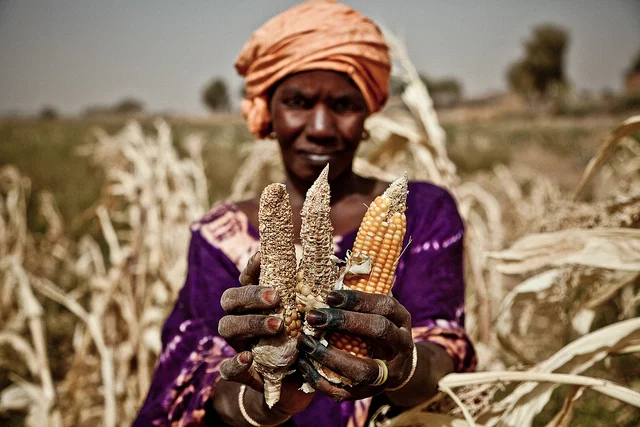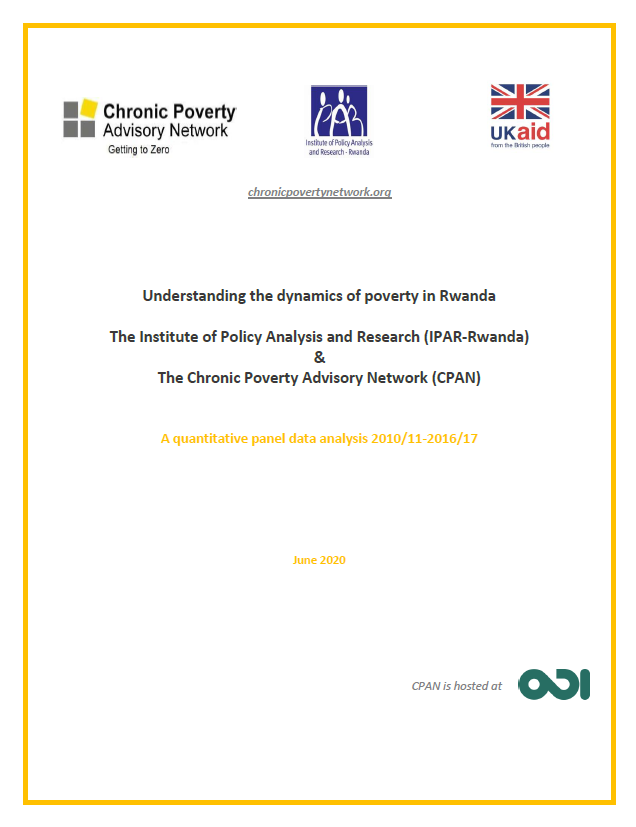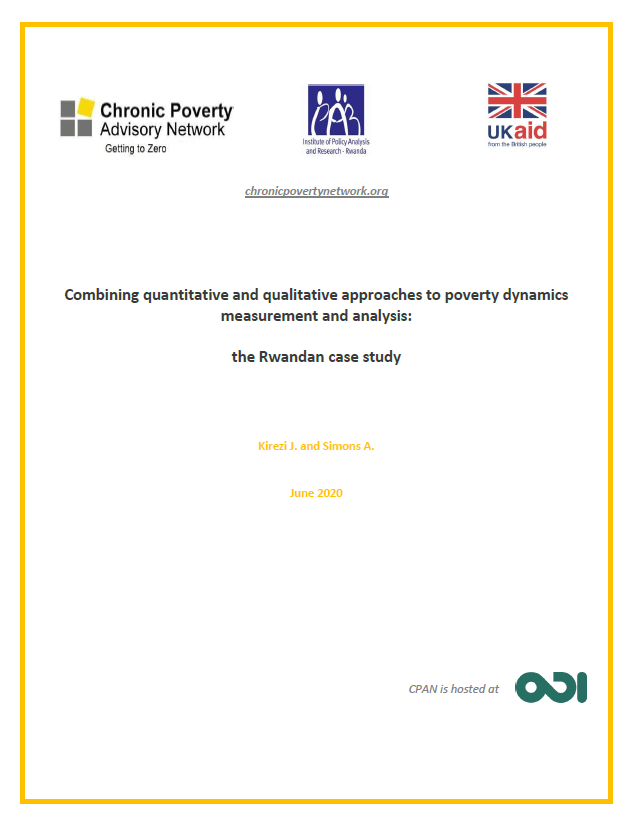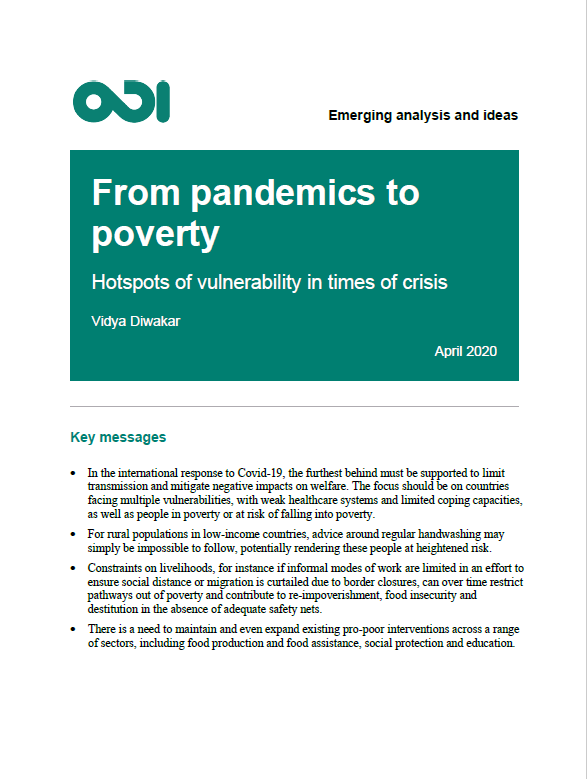Pro-Poorest Economic Growth
Since 2000, economic growth is increasingly taking place in developing countries, in some at high rates. However, economic growth risks to bring a great risk: not to be able to reach the poorest or to reach them so variably that it does not ensure their economic growth. As a result, it risks to wide inequalities, rather than reducing them.
CPAN argues that pro-poorest growth occurs when the income (or consumption) of the bottom 20% of the population grows faster than the average – implying a decline in inequality. In other words, this definition carries a concern for both poverty and inequality. CPAN’s strongly believes that it should do so as much as it is politically, economically and socially possible to implement measures able to reach and impact the poorest people. As such, CPAN has extensively focused its work on providing the knowledge needed to develop and implement measures that will ensure that the poorest people are included in economic growth. At the same time, CPAN works on stimulating national and international debates about including the poorest in growth.
Projects

















